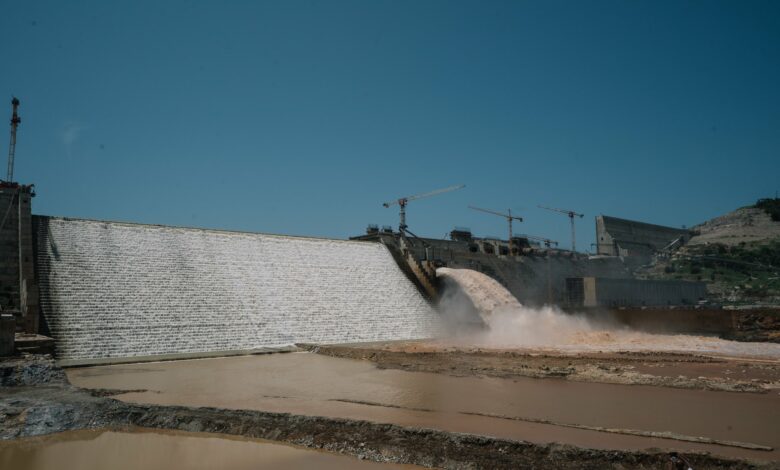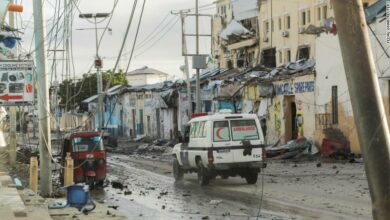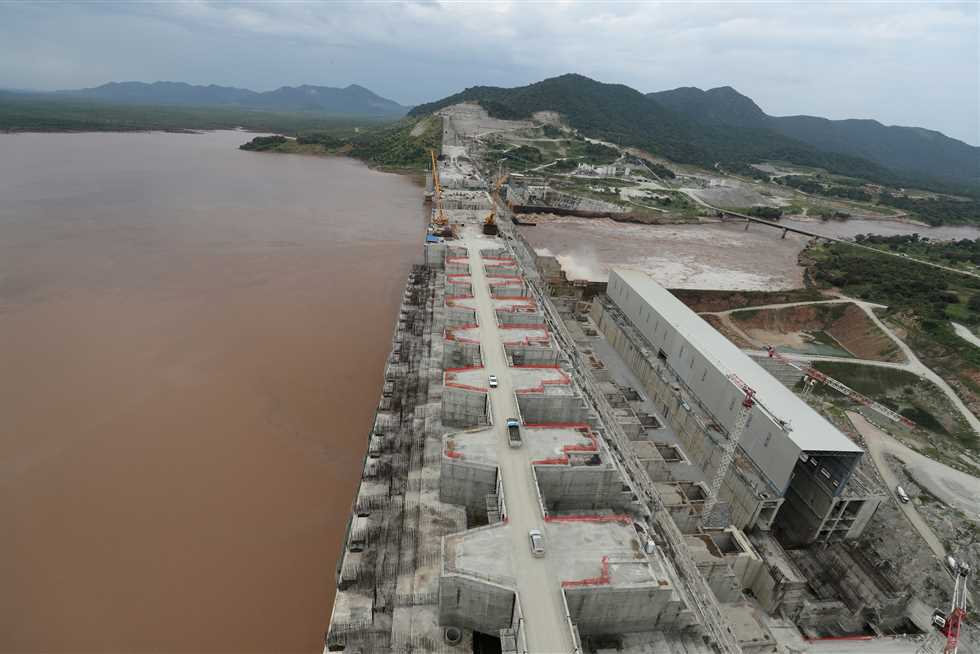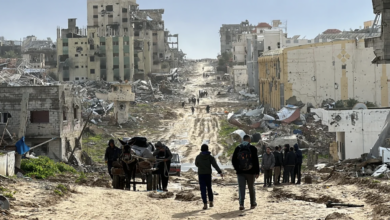
The Sudanese Minister of Irrigation and Water Resources Daw Albait Abdulrahman Mansour, confirmed to the Ethiopian ambassador in Khartoum, Yibeltal Aemero, his country’s refusal to withhold information on the filling and operation of the Grand EthiopiaN Renaissance Dam (GERD).
Stressing also the need to develop in Ethiopia without harming the interests of Sudan and its people.
Sudan has real concerns and interests in the file of the Renaissance Dam that can only be overcome through a binding agreement, Mansour said.
The Ethiopian ambassador reiterated Sudan’s position in refusing to withhold the filling and operating information of the Ethiopian Dam.
Sudan’s position is based in reference to international law and the Declaration of Principles signed in March 2015 between the three countries.S
Sudan’s participation in all rounds of negotiation stems from his conviction that an agreement can be achieved that takes into account the interests of the three parties.
For his part, Aemero stressed the importance of bilateral relations between the two countries and the need to activate it, explaining his country’s understanding of Sudan’s concerns.
He expressed Ethiopia’s keenness not to harm Sudan with any of the filling and operation of the dam, hoping for the resumption of negotiations between the three countries and a satisfactory agreement between them.
Aemero praised Sudan’s positive stance during the past rounds of negotiations and its earnest efforts to reach a satisfactory agreement between the three parties.
Sudan is the most in need of consensus between the three countries and has been negatively affected by the prolonged negotiation without reaching a binding legal agreement on filling and operating the dam, Mansour said.
The Egyptian Minister of Irrigation and Water Resources, Mohamed Abdel-Aty announced Saturday, that Egypt was ready to deal with any scenarios regarding the GERD.
“The government is moving in several political and legal directions regarding the Ethiopian dam,” Abdel-Aty said.
As the Ethiopian dam is large in size, there must be a binding agreement, data exchange, and cooperation from the Ethiopian side, he stressed – to ensure a win-all situation instead of unilateral action.
Ethiopia announced on Sunday the start of producing electricity for the first time from GERD, despite contentions from downstream nations Egypt and Sudan. Ethiopian Prime Minister Abiy Ahmed officially inaugurated the partial commencing of power generation of GERD.
The Egyptian Foreign Ministry slammed Ethiopia’s unilateral start of the operation of the Dam, calling it a violation of its commitments under the 2015 Declaration of Principles signed by the Ethiopian Prime Minister.
Negotiations over the GERD have officially stopped since April 2021, after Egypt, Sudan and Ethiopia failed to reach an understanding before the start of the second filling of the dam, which Ethiopia implemented in July.
Cairo and Khartoum reject Ethiopia’s insistence on filling the dam before reaching a binding agreement on filling and operation.
Egypt, which relies considerably on freshwater from the Nile, has voiced fears that the GERD would negatively impact the country’s water supply.
Egypt has also insisted that measures be put into place to protect downstream countries in case of drought during the dam’s filling process.
Egypt and Sudan say they want a legally binding agreement, while Ethiopia says any pact should be advisory.
The two nations consider the dam a threat to their vital water supplies, while Ethiopia considers it essential for development and doubling its electricity production.
The downstream nations fear possible blows to water facilities, agricultural land, and overall availability of Nile water.
Negotiations over the dam between Egypt, Ethiopia, and Sudan have stalled for years, with the three parties ultimately failing to reach any concrete agreement.
The disputed dam is the largest hydroelectric project in Africa, with a cost of more than four billion dollars. The construction of the dam began in 2011. It is considered to be one of Egypt’s most serious water issues.



